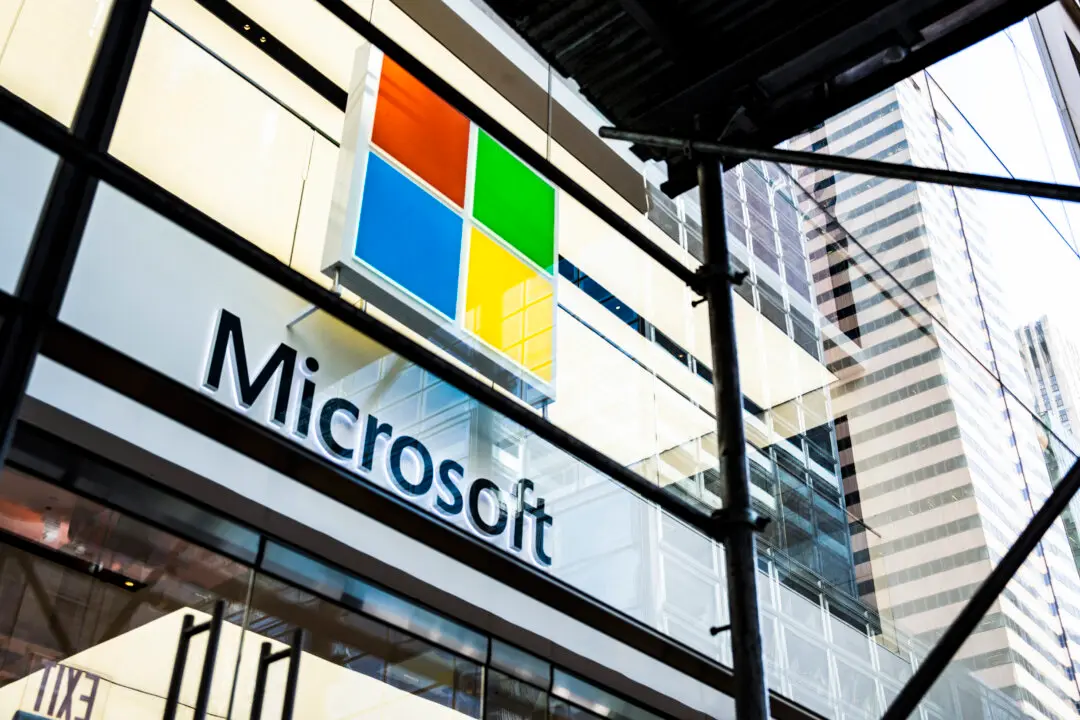Microsoft has announced that it is updating a controversial new function it plans to implement with stronger privacy measures after experts raised concerns about its potential for compromising user data.
On May 20, Microsoft introduced its Copilot+ line of PCs running Windows 11 featuring the “most advanced AI models.” One of the functions in Copilot+, called Recall, creates an explorable visual timeline that allows a user to easily find things from apps, websites, images, and documents. The function works by constantly taking screenshots of the user’s activity, storing the images locally, and using on-device AI to study it in order to respond contextually to user queries. Snapshots are taken every five seconds.





